
Nygårdshøyden: The Historic and Academic Heart of Bergen
Nestled in the vibrant city of Bergen, Nygårdshøyden stands as a unique blend of history, culture, and academia. This charming neighbourhood is home to the University of Bergen, lending it an intellectual ambiance that is palpable as you stroll through its picturesque streets. The architecture here is a delightful mix of old and new, with historic buildings standing side by side with modern university facilities. One of the highlights of Nygårdshøyden is its rich cultural offerings. The Bergen Museum, also known as the University Museum of Bergen, is a must-visit, showcasing a fascinating collection of natural history and cultural artifacts. The museum's botanical garden is a serene spot to relax and take in the beauty of diverse plant species. For those interested in the arts, the KODE Art Museums and Composer Homes are just a short walk away. This complex of four art museums offers a vast collection of fine arts, crafts, design, and music. The surrounding area is also peppered with charming cafes and eateries, where you can sample local Norwegian cuisine. Nygårdshøyden's central location makes it an excellent base for exploring the rest of Bergen. The neighbourhood is within walking distance of many of the city's main attractions, including the famous Bryggen Wharf and the bustling Fish Market. Whether you're here to delve into Bergen’s academic scene, immerse yourself in its cultural treasures, or simply enjoy its scenic beauty, Nygårdshøyden is a destination that promises a rich and rewarding experience.
Local tips in Nygårdshøyden
- Visit the University Museum of Bergen for a deep dive into natural history and cultural artifacts.
- Take a leisurely stroll through the museum's botanical garden for a peaceful break.
- Explore the KODE Art Museums and Composer Homes for a rich collection of fine arts and music.
- Don't miss the charming local cafes for a taste of authentic Norwegian cuisine.
- Use Nygårdshøyden as a base to explore Bergen's main attractions, all within walking distance.
Nygårdshøyden: The Historic and Academic Heart of Bergen
Nestled in the vibrant city of Bergen, Nygårdshøyden stands as a unique blend of history, culture, and academia. This charming neighbourhood is home to the University of Bergen, lending it an intellectual ambiance that is palpable as you stroll through its picturesque streets. The architecture here is a delightful mix of old and new, with historic buildings standing side by side with modern university facilities. One of the highlights of Nygårdshøyden is its rich cultural offerings. The Bergen Museum, also known as the University Museum of Bergen, is a must-visit, showcasing a fascinating collection of natural history and cultural artifacts. The museum's botanical garden is a serene spot to relax and take in the beauty of diverse plant species. For those interested in the arts, the KODE Art Museums and Composer Homes are just a short walk away. This complex of four art museums offers a vast collection of fine arts, crafts, design, and music. The surrounding area is also peppered with charming cafes and eateries, where you can sample local Norwegian cuisine. Nygårdshøyden's central location makes it an excellent base for exploring the rest of Bergen. The neighbourhood is within walking distance of many of the city's main attractions, including the famous Bryggen Wharf and the bustling Fish Market. Whether you're here to delve into Bergen’s academic scene, immerse yourself in its cultural treasures, or simply enjoy its scenic beauty, Nygårdshøyden is a destination that promises a rich and rewarding experience.
Iconic landmarks you can’t miss
Bergenhus Fortress
Discover the rich history of Bergenhus Fortress, a majestic landmark showcasing Norway's royal heritage and stunning architecture in Bergen.
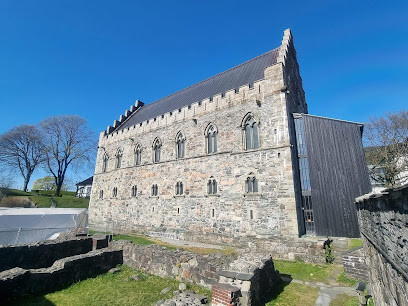
Bryggen
Explore Bryggen, Bergen's iconic harbor district known for its historical wooden architecture, vibrant artisan shops, and rich cultural heritage.
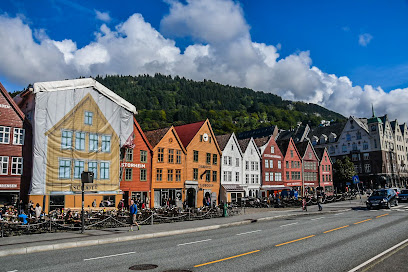
Agen Museum
Explore the serene Agen Museum in Bergen, an arboretum featuring a diverse collection of plants and beautiful landscapes perfect for relaxation.
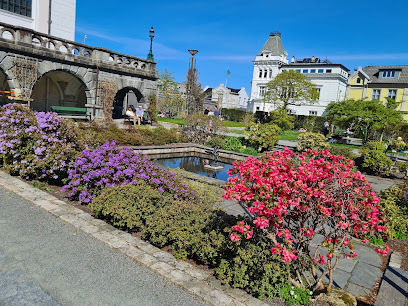
Sailor's Monument
Explore the Sailor's Monument in Bergen, a stunning tribute to the city's maritime history, surrounded by vibrant culture and breathtaking views.
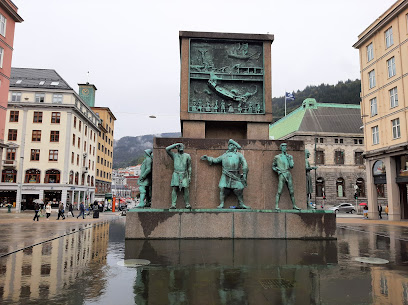
Knøsesmauet
Experience the picturesque charm of Knøsesmauet, a historical alleyway in Bergen offering stunning architecture and rich local culture for every traveler.
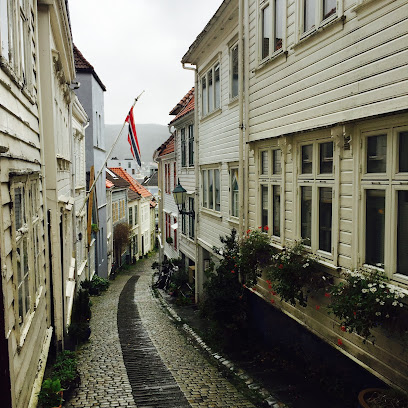
Edvard Grieg Statue
Explore the Edvard Grieg Statue in Bergen, a beautiful tribute to Norway's iconic composer amidst stunning city views and rich cultural heritage.
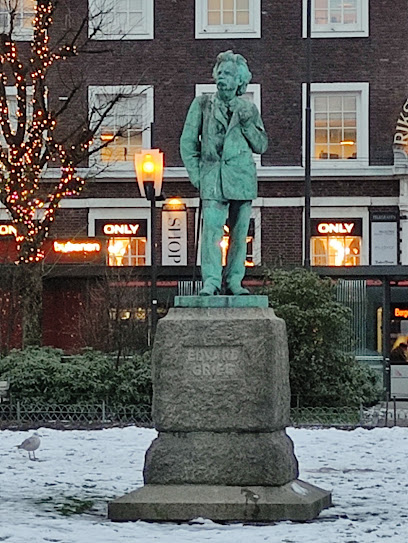
Shetlands-Larsen
Discover the maritime heritage of Norway at Shetlands-Larsen, a captivating historical landmark in Bergen showcasing the spirit of exploration.
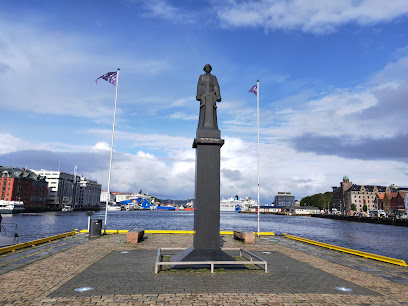
Old Bergen House for walking
Discover the enchanting Old Bergen House, a historic attraction showcasing Norway's rich architectural heritage and vibrant cultural history in the heart of Bergen.
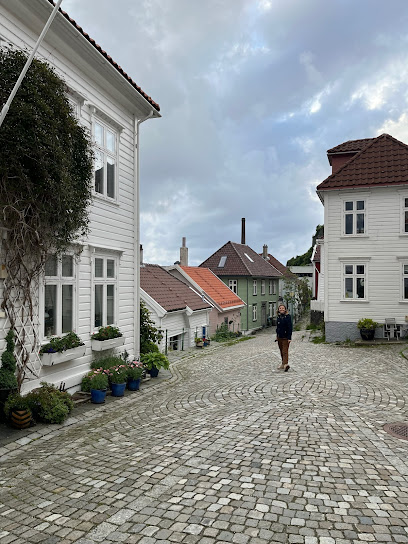
Byge
Explore Byge, Bergen's historical landmark, and immerse yourself in Norway's captivating past amid stunning architecture and vibrant surroundings.
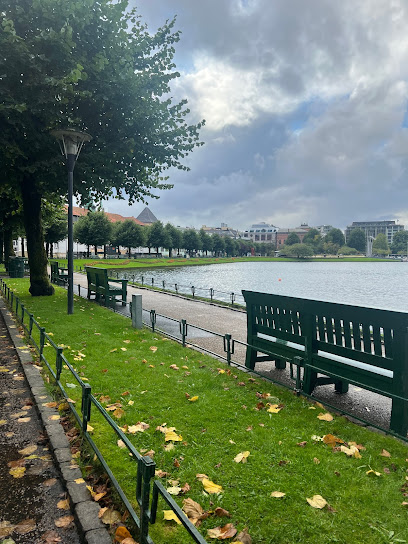
Østre Murallmenningen
Explore Østre Murallmenningen in Bergen, a captivating tourist attraction filled with history, vibrant streets, and picturesque charm.
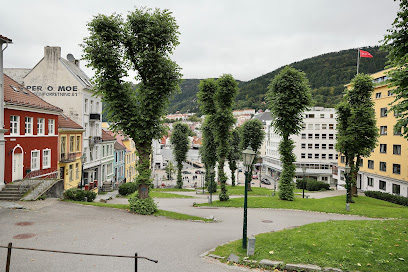
Nygårdshøyden
Experience breathtaking views and serene surroundings at Nygårdshøyden, a scenic viewpoint in the heart of Bergen, Norway.
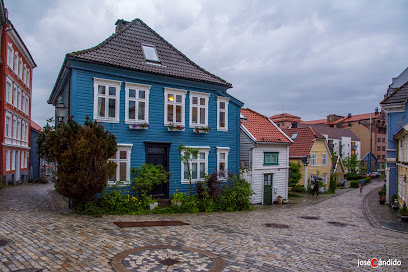
Åpen II
Explore Åpen II, a historical landmark in Bergen, Norway, and delve into the city’s maritime heritage while enjoying stunning architecture and local culture.
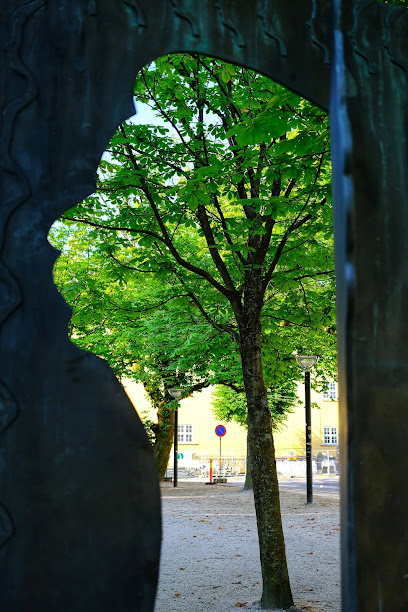
Unmissable attractions to see
VilVite - Bergen Science Center
Discover the interactive world of science at VilVite - Bergen Science Center, where curiosity meets fun in an engaging environment for all ages.
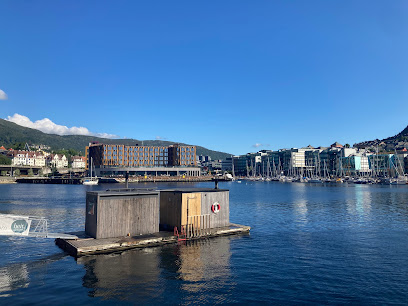
Edvard Grieg Statue
Explore the Edvard Grieg Statue in Bergen, a tribute to Norway's musical genius, set in a picturesque square perfect for relaxation and cultural immersion.
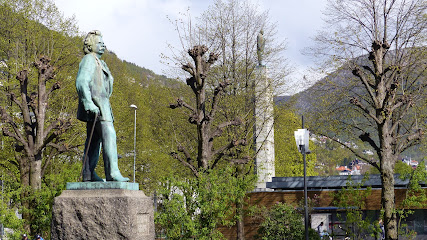
Bekketomten 2 (15.1m)
Experience the serene beauty and cultural heritage of Bekketomten 2, a must-visit tourist attraction in the heart of Bergen, Norway.
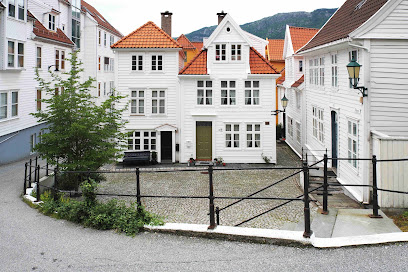
Vetrlidsallmenningen, Bergen
Discover Vetrlidsallmenningen, a historic street in Bergen, offering stunning views, cultural attractions, and a taste of Norwegian charm.
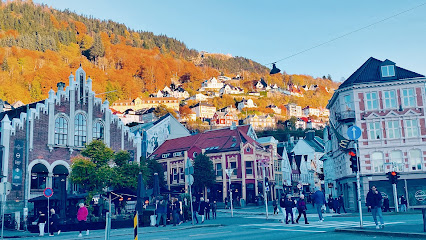
Essential places to dine
The Dining Hook
Discover Bergen's culinary treasure at The Dining Hook - where seafood meets tradition in every delicious dish.
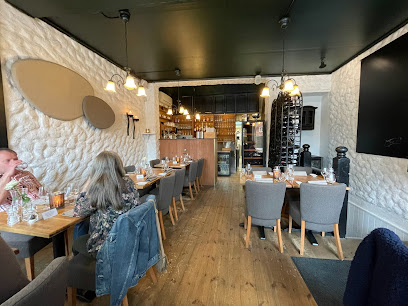
Lysverket
Discover Lysverket in Bergen – an exquisite fine dining experience blending local seafood with innovative culinary artistry.
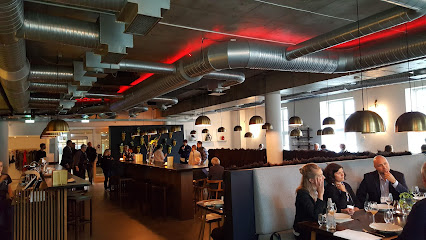
Marg & Bein
Experience authentic Norwegian cuisine at Marg & Bein in Bergen, where fresh local ingredients meet modern culinary artistry.
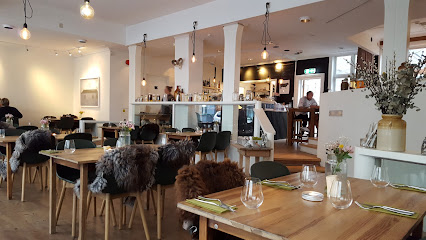
Restaurant 1877
Experience authentic Norwegian cuisine at Restaurant 1877 in Bergen - where tradition meets modern culinary excellence.
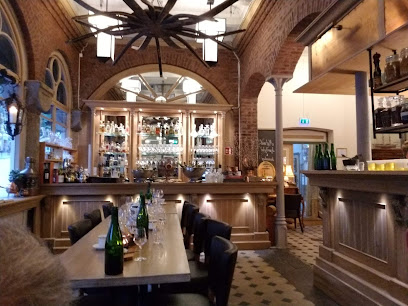
Savanna Restaurant
Experience global flavors at Savanna Restaurant in Bergen – where every dish tells a story and every meal is an adventure.
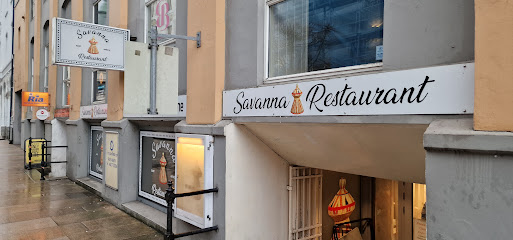
Møllaren Café
Discover the delightful flavors at Møllaren Café in Bergen – where cozy ambiance meets delicious cuisine.
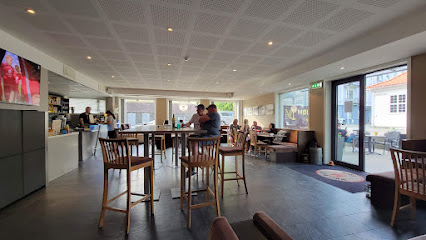
FG Restaurant & Bar
Experience exquisite steaks and vibrant nightlife at FG Restaurant & Bar in Bergen - where culinary artistry meets cozy atmosphere.
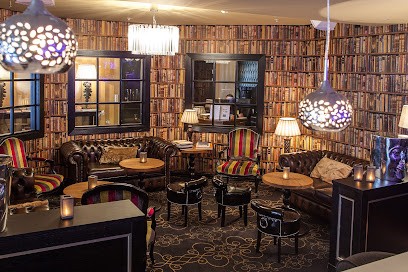
Nøsteboden
Discover authentic Norwegian flavors at Nøsteboden in Bergen - where every meal tells a story of local culture.
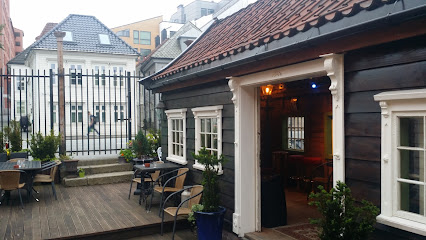
Brød & Vin restaurant
Discover authentic Nordic cuisine at Brød & Vin in Bergen – where fresh ingredients meet cozy ambiance.
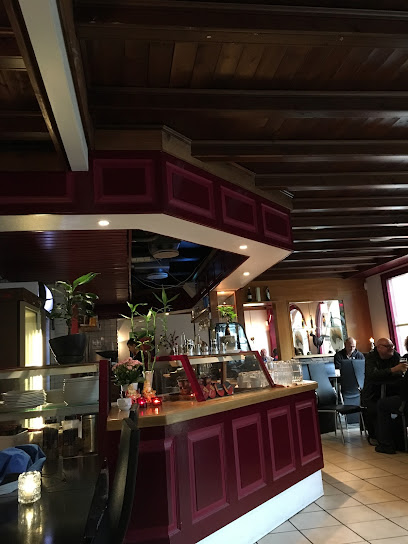
ROAST Restaurant & Bar
Discover Bergen's culinary gem at ROAST Restaurant & Bar - where exquisite flavors meet a chic atmosphere for an unforgettable dining experience.
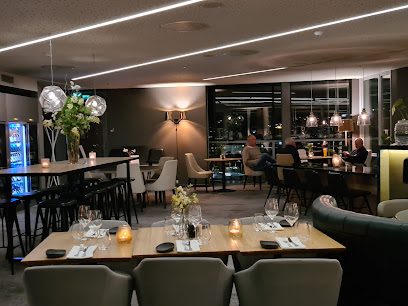
Markets, malls and hidden boutiques
Julehuset
Explore Julehuset, Bergen's enchanting Christmas store, filled with festive decorations and unique Norwegian souvenirs that capture the spirit of the season.
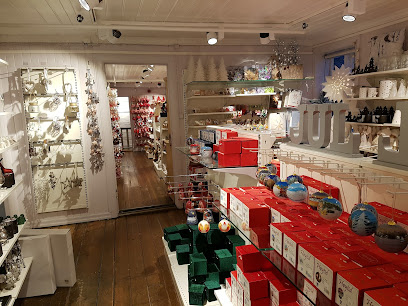
Nilssen Bryggen - Gifts, Souvenirs, Jackets
Explore Nilssen Bryggen in Bergen for a delightful range of souvenirs and sportswear, capturing the essence of Norway's rich culture.
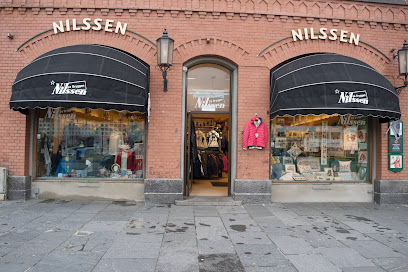
Ting Bergen
Explore Ting Bergen for authentic Nordic gifts and home goods in the heart of Bergen, Norway's picturesque coastal city.
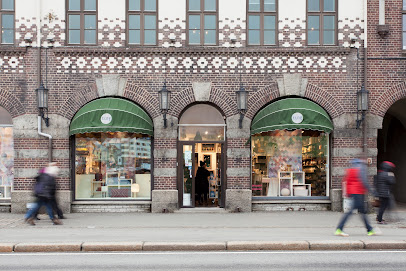
Twisted
Explore Twisted in Bergen for unique fashion finds and friendly service, capturing the essence of contemporary style in Norway's charming city.
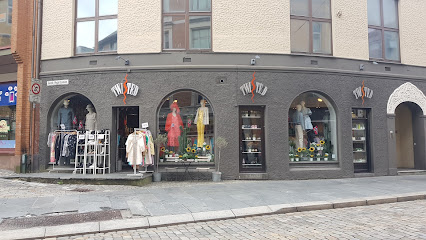
Heim Bryggen AS
Discover authentic Norwegian gifts at Heim Bryggen AS in Bergen, a charming shop filled with local crafts, clothing, and home goods.
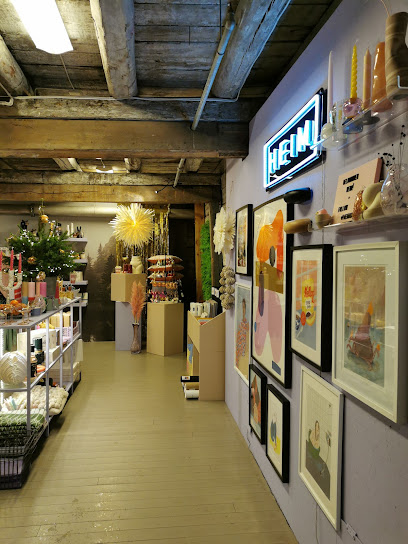
Audhild Viken avd Bergen
Explore Audhild Viken in Bergen for unique souvenirs, handcrafted gifts, and a taste of Norwegian culture in every treasure.
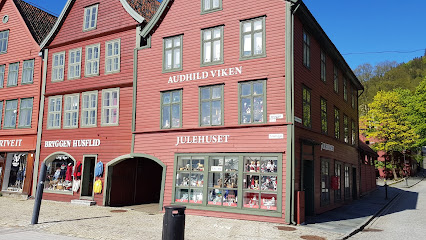
Moomin Shop Bergen
Explore the enchanting Moomin Shop in Bergen, a must-visit destination for fans of Tove Jansson's whimsical characters and delightful merchandise.
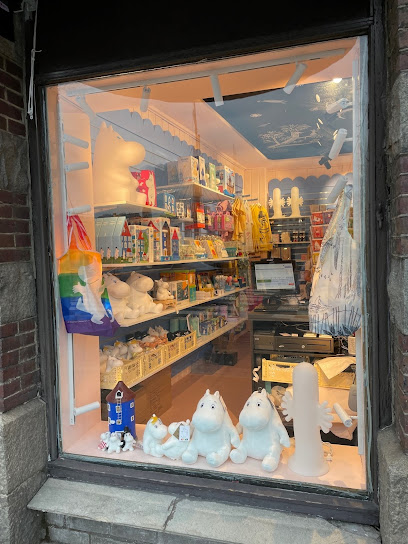
Galleri Shop
Explore Galleri Shop in Bergen for unique home goods, showcasing local artistry and craftsmanship perfect for your home or as memorable gifts.
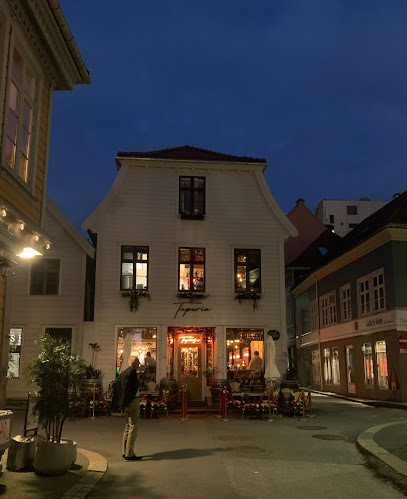
ALF-butikken
Discover unique handmade treasures at ALF-butikken, Bergen's top arts and crafts sales outlet showcasing local artisans and sustainable creations.
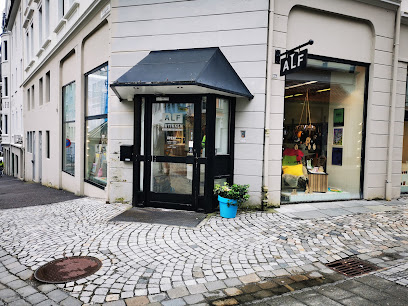
ETLES
Explore the charm of ETLES, Bergen's unique gift shop offering handcrafted Norwegian treasures and souvenirs to cherish forever.
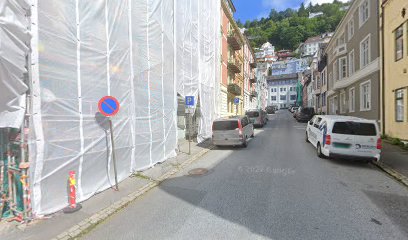
Essential bars & hidden hideouts
Apollon Platebar
Discover the unique blend of a music store and bar at Apollon Platebar in Bergen, where great drinks meet the love of vinyl.
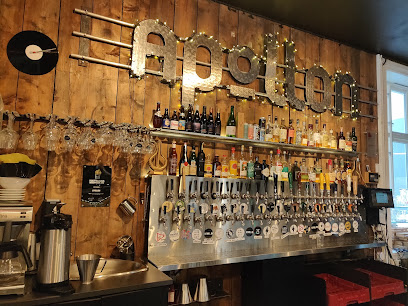
No Stress Bergen
Experience the vibrant yet relaxed atmosphere of No Stress Bergen, the perfect bar to unwind after exploring the beauty of Bergen.
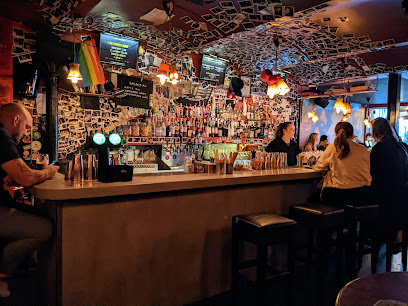
Magic Ice Bar
Discover the enchanting Magic Ice Bar in Bergen, where ice sculptures and cocktails create a unique, unforgettable experience.
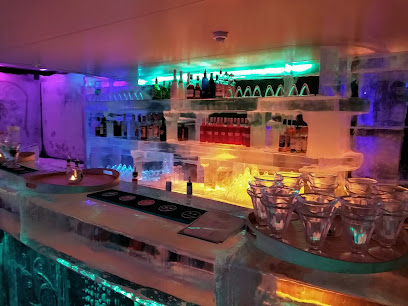
LAST monkey
Experience the vibrant nightlife of Bergen at LAST monkey, where expertly crafted cocktails meet a chic and welcoming atmosphere.
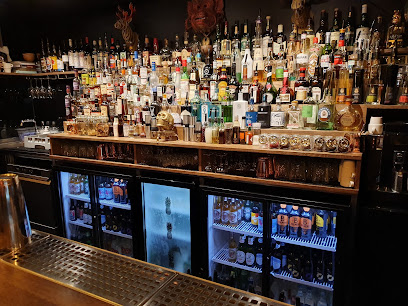
Trikken 106 KAFE & BAR
Discover Bergen's nightlife at Trikken 106 KAFE & BAR, where innovative cocktails and a vibrant atmosphere await you.
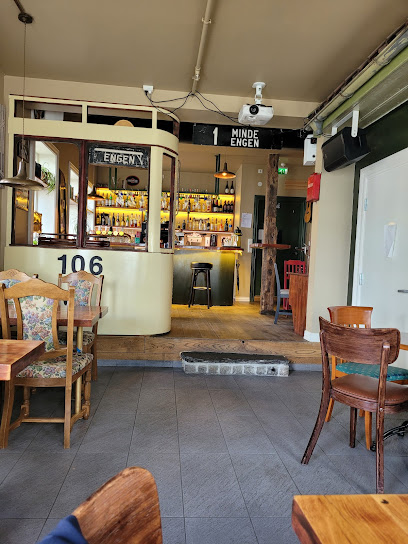
Muskedunder
Discover Muskedunder in Bergen: A lively bar offering creative cocktails and a vibrant atmosphere, perfect for experiencing local nightlife.
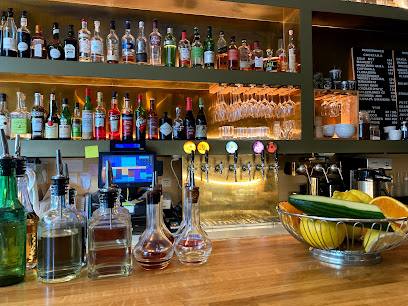
Konrads Kåk
Experience the vibrant nightlife of Bergen at Konrads Kåk, a cozy bar known for its craft cocktails and friendly atmosphere, perfect for every occasion.
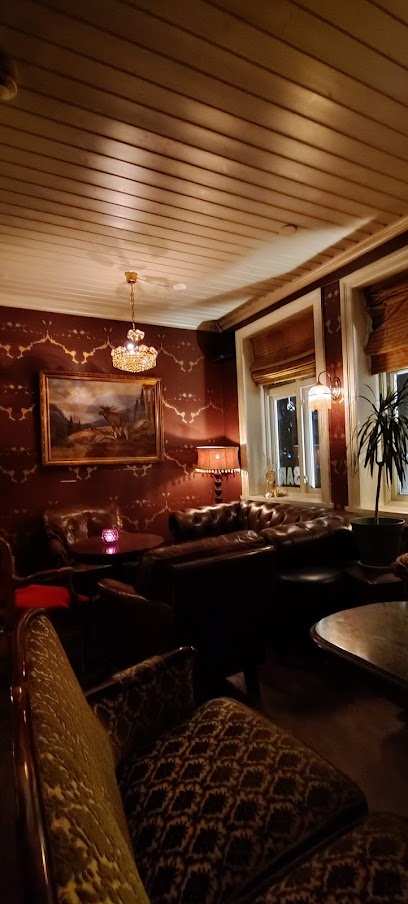
Nedre Nygaard
Discover the cozy ambiance of Nedre Nygaard, a charming bar in Bergen offering a delightful selection of drinks in a friendly atmosphere.
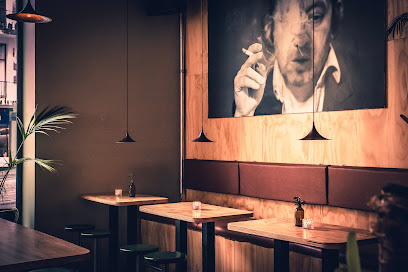
Utidi Bar
Discover Utidi Bar: A cozy spot in Bergen, Norway, perfect for drinks and socializing with a vibrant local atmosphere.
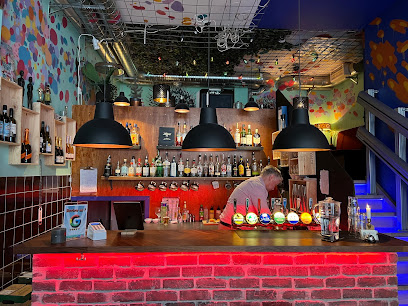
Kjuagutt Bar
Experience Bergen's nightlife at Kjuagutt Bar, where vibrant atmosphere meets exceptional drinks in the heart of the city.
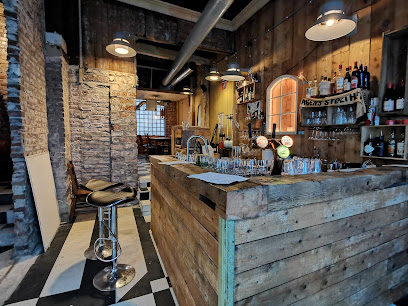
Local Phrases
-
- HelloHei
[hay] - GoodbyeHa det bra
[hah deh bra] - YesJa
[yah] - NoNei
[nay] - Please/You're welcomeVær så god
[vair soh goh] - Thank youTakk
[tahk] - Excuse me/SorryUnnskyld
[oonskyld] - How are you?Hvordan har du det?
[vohr-dahn hahr doo deh] - Fine. And you?Bra. Og du?
[bra oh doo] - Do you speak English?Snakker du engelsk?
[snahk-ker doo eng-elsk] - I don't understandJeg forstår ikke
[yay for-stohr eek-keh]
- HelloHei
-
- I'd like to see the menu, pleaseJeg vil gjerne se menyen, takk
[yay veal year-neh seh meh-nyen, tahk] - I don't eat meatJeg spiser ikke kjøtt
[yay spee-ser eek-keh shøt] - Cheers!Skål!
[skohl] - I would like to pay, pleaseJeg vil gjerne betale, takk
[yay veal year-neh beh-tah-leh, tahk]
- I'd like to see the menu, pleaseJeg vil gjerne se menyen, takk
-
- Help!Hjelp!
[yelp] - Go away!Gå bort!
[goh bohrt] - Call the Police!Ring politiet!
[ring poh-lee-tee-eh] - Call a doctor!Ring en lege!
[ring ehn lay-geh] - I'm lostJeg er lost
[yay air lost] - I'm illJeg er syk
[yay air sook]
- Help!Hjelp!
-
- I'd like to buy...Jeg vil kjøpe...
[yay veal shø-peh] - I'm just lookingJeg ser bare
[yay sair bah-reh] - How much is it?Hvor mye koster det?
[vohr meh-yeh kohs-ter deh] - That's too expensiveDet er for dyrt
[deh air for deert] - Can you lower the price?Kan du senke prisen?
[kahn doo sehn-keh pree-sehn]
- I'd like to buy...Jeg vil kjøpe...
-
- What time is it?Hva er klokka?
[vah air kloh-kah] - It's one o'clockKlokken er ett
[kloh-ken air eht] - Half past (10)Halv ti
[hahlv tee] - MorningMorgen
[mohr-gehn] - AfternoonEttermiddag
[et-ter-mee-dahg] - EveningKveld
[kvehld] - YesterdayI går
[ee gohr] - TodayI dag
[ee dahg] - TomorrowI morgen
[ee mohr-gehn] - 1En
[ehn] - 2To
[too] - 3Tre
[tray] - 4Fire
[fee-reh] - 5Fem
[faym] - 6Seks
[sehks] - 7Syv
[soov] - 8Åtte
[oh-teh] - 9Ni
[nee] - 10Ti
[tee]
- What time is it?Hva er klokka?
-
- Where's a/the...?Hvor er...?
[vohr air] - What's the address?Hva er adressen?
[vah air ah-drahss-en] - Can you show me (on the map)?Kan du vise meg (på kartet)?
[kahn doo vee-seh may (poh kart-eh)] - When's the next (bus)?Når går neste (buss)?
[nahr gohr nest-eh (booss)] - A ticket (to ....)En billett (til ....)
[ehn bee-let (teel)]
- Where's a/the...?Hvor er...?
History of Nygårdshøyden
-
Nygårdshøyden's history dates back to the late 19th century when it began to develop as a residential area for the burgeoning middle class of Bergen. As Norway's second-largest city, Bergen was experiencing significant growth due to its strategic coastal location and the rise of trade and shipping industries. The area became known for its elegant wooden houses and gardens, reflecting the architectural styles of the time.
-
In the early 20th century, Nygårdshøyden became home to several important educational institutions, including the University of Bergen, founded in 1946. This influx of students and academics contributed to the vibrant cultural landscape of the neighbourhood, making it a hub for intellectual discourse and artistic expression. The university's presence continues to shape the cultural identity of Nygårdshøyden today.
-
During World War II, Bergen was occupied by German forces, and Nygårdshøyden, like much of the city, experienced the tensions and disruptions of wartime life. Despite the hardships, the community showed resilience, and post-war reconstruction efforts revitalized the area. The rebuilding process included modernizing infrastructure and preserving historical buildings, ensuring that Nygårdshøyden retained its unique character.
-
In recent decades, Nygårdshøyden has undergone significant transformation with an influx of new residents and the renovation of old properties. Gentrification has brought both challenges and opportunities, as the neighbourhood attracts a younger demographic and creative professionals. This evolution has led to a vibrant mix of cafes, galleries, and cultural events, contributing to the area's dynamic atmosphere.
-
Today, Nygårdshøyden is known for its active community engagement and cultural festivals. Events such as the Bergen International Festival and various local art exhibitions highlight the area's rich cultural tapestry. The neighbourhood's commitment to preserving its historical roots while embracing contemporary culture makes it a fascinating place for both residents and visitors.
Nygårdshøyden Essentials
-
Nygårdshøyden is easily accessible from other neighborhoods in Bergen. If you're coming from the city center, you can take the light rail (Bybanen) to the Nygårdsparken stop. Alternatively, several bus routes service the area, including lines 3, 4, and 5. For those arriving from the Bergen Airport, Flybussen (the airport bus) can take you to the city center, where you can transfer to public transport to reach Nygårdshøyden.
-
Nygårdshøyden is well-connected by public transport. The light rail and local buses make it easy to navigate to nearby neighborhoods and attractions. Biking is also a popular option, with several bike lanes available. You can rent bikes through various local services. Walking is a great way to explore the area, especially since many attractions are within a short distance of each other.
-
Nygårdshøyden is generally safe for tourists, but it is always wise to remain vigilant. Areas around student housing can be lively, especially at night, so it's advisable to be cautious. While there are no specific high-crime areas targeting tourists, petty theft can occur, so keep an eye on your belongings, particularly in crowded places.
-
In case of an emergency, dial 112 for police, ambulance, or fire services in Norway. The nearest hospital is Haukeland University Hospital, which is equipped to handle medical emergencies. It's advisable to have travel insurance that covers health emergencies. For non-urgent health issues, local pharmacies can provide over-the-counter medications.
-
Fashion: Do dress appropriately for the weather, as Bergen can be rainy and chilly. Don't wear overly casual attire if visiting churches or formal events. Religion: Do respect local customs, particularly around religious sites. Public Transport: Do give up your seat for those in need, such as the elderly or disabled. Don't eat or drink on public transport. Greetings: Do greet people with a friendly smile or a nod. Eating & Drinking: Do try local specialties at cafés and restaurants. Don't waste food, as this is considered impolite.
-
To experience Nygårdshøyden like a local, visit the botanical gardens at Nygårdsparken, where locals often enjoy picnics. Attend events at the University of Bergen, which often hosts free lectures and cultural events open to the public. Explore the local cafés for a taste of Bergen's coffee culture, and don't hesitate to strike up conversations with residents; they are typically friendly and eager to share local insights.
Nearby Cities to Nygårdshøyden
-
Things To Do in Stavanger
-
Things To Do in Ålesund
-
Things To Do in Molde
-
Things To Do in Kristiansand
-
Things To Do in Oslo
-
Things To Do in Fredrikstad
-
Things To Do in Skagen
-
Things To Do in Trondheim
-
Things To Do in Frederikshavn
-
Things To Do in Aalborg
-
Things To Do in Karlstad
-
Things To Do in Gothenburg
-
Things To Do in Viborg
-
Things To Do in Randers
-
Things To Do in Herning








